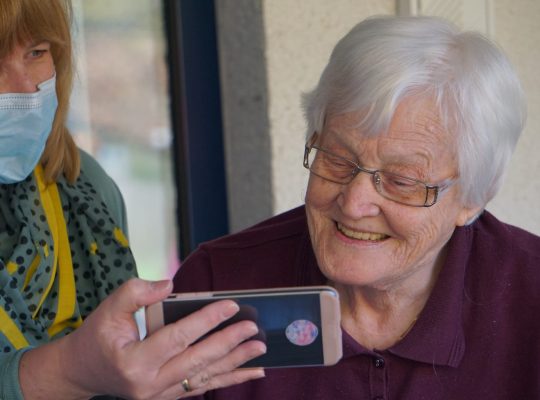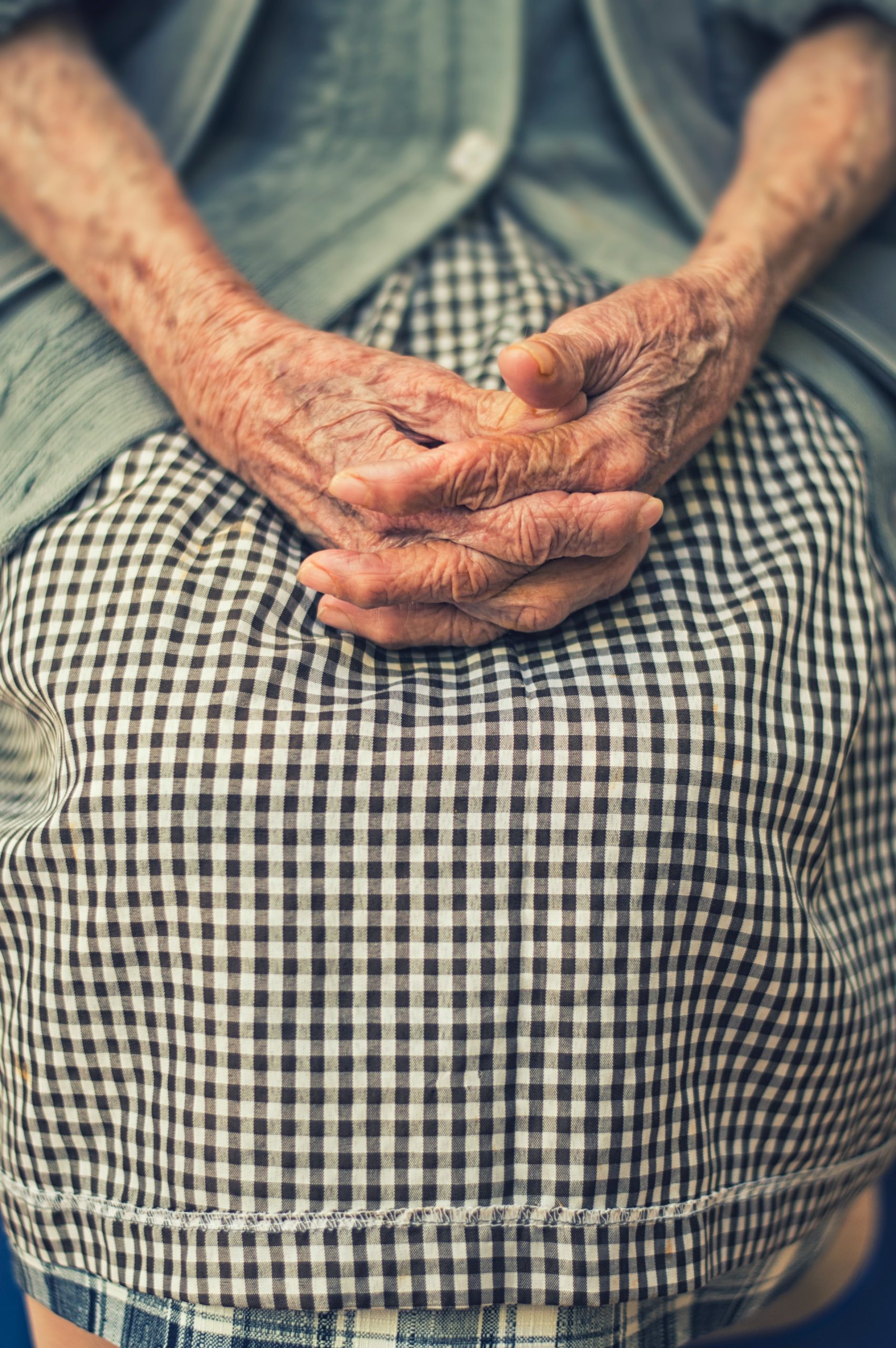The United States is growing rapidly into an elderly population. The number of people over 85 will, in fact, triple by 2050. Because older people are more likely to develop one or more chronic conditions, families and the health care system must be prepared for this growing need for healthy aging (however, whether or not they are ready for this influx, this question is still unanswered yet).
Many age-related changes are normal, such as mild deterioration in vision and hearing, high blood pressure, muscle weakness, or a weakened immune system. However, some health problems are not considered part of the normal aging process in older adults. Chronic conditions that impair kidney function, lead to cognitive impairment, or otherwise affect the quality of life in older people must be treated.
Common older people’s diseases

Geriatric medicine specializes in treating diseases that are common in older adults. Treating older adults differs from treating younger people in many ways, such as polypharmacy, vague symptoms, and difficulty in attribution when multiple health conditions are present at the same time.
Older adults are also more susceptible to age-related diseases that are not usually present in younger people. Hypertension can be a generational problem, but cardiovascular disease, ischemic heart disease, urinary incontinence, vascular dementia, multiple sclerosis, and other conditions are much more common in older adults.
Although this list is by no means exhaustive, these and other chronic diseases are among the most common in older adults:
-
- Cancer
-
- Alzheimer’s disease
-
- Diabetes
-
- Arthritis
-
- Chronic kidney disease
-
- Stroke
-
- Dementia
-
- Parkinson’s disease
-
- Osteoporosis
-
- Chronic obstructive pulmonary disease
1. Alzheimer’s disease and dementia
11% of older adults receiving Medicare benefits have been treated for Alzheimer’s disease or another form of dementia. Alzheimer’s is a form of dementia that often causes difficulty thinking, memory loss, or even problem-solving, to the point that it may even interfere with one’s daily activities. It is not a normal part of aging, unlike what the internet wants you to believe, but rather is caused by changes in one’s brain that occur over time and are more likely to happen when you are older, but it has also been discovered in younger people.
The biggest risk factors for this specific chronic condition are the things that are often out of one’s control, such as age, family history, and genetics. However, studies have shown that incorporating the following habits into your lifestyle can slow or prevent the onset of the disease.
2. Depression

14% of older adults sought treatment for depression- a treatable condition that is not a normal part of aging. It causes persistent feelings of hopelessness, sadness, fatigue, pessimism, difficulty making decisions, changes in appetite, loss of interest in activities, and so much more. Actions you can take for depression include:
-
- Eat a healthy diet- What you feed your body can affect your mood. So look for things that are high in nutrients and promote the release of endorphins and other “feel-good” chemicals, and limit your intake of alcohol, caffeine, artificial sweeteners, and highly processed foods.
-
- Talk to your doctor- If you’ve noticed any of the warning signs of depression, talk to your doctor and ask about your treatment options. Antidepressants or psychotherapy may be right for you.
-
- Manage your stress levels- Turn to family and friends during difficult times, and consider regular meditation.
-
- Exercise regularly- Exercise has a number of physical and psychological benefits, including improving mood by releasing endorphins and other “feel-good” chemicals in the brain, boosting self-confidence and self-esteem by achieving goals and improving physical appearance, and enhancing social contacts through interactions at gyms and group classes.
If someone you know and love is thinking about suicide or having suicidal thoughts, please tell them to contact the National Suicide Prevention Lifeline at 1.800.273.8255 (TALK).
3. Heart failure
14% of older adults have been treated for heart failure. Heart failure occurs when the heart cannot adequately supply blood and oxygen to all organs in the body. The heart may enlarge, build more muscle mass or pump faster to meet the body’s needs. This can cause someone to feel tired, nauseous, lightheaded, confused, or have no appetite. The best prevention is to follow your doctor’s recommendations to reduce your risk of coronary heart disease and high blood pressure.
4. Diabetes

Insulin is used by the body to get energy from food and distribute it to cells. 27% of older adults have been treated for diabetes, which occurs when one’s body doesn’t produce enough insulin or is resistant to it. When this does not happen, high blood sugar results, leading to complications such as kidney and heart disease or blindness. The likelihood of developing diabetes increases after age 45.
To prevent the development of diabetes or manage the disease, your doctor may recommend the following:
-
- Exercise 30 minutes five times a week to control blood sugar levels and prevent weight gain.
-
- Eat a healthy diet, watch your carbohydrate and calorie intake, and talk to your doctor about your alcohol intake.
-
- Safely lose 5-7% of your body weight if you have pre-diabetes.
Sound off in the comments section below and tell us what you want to read next and if you want to read more about health issues that plague older people.








[…] Sound off in the comments section below and tell us what you want to read next and if you want to read more about aging. […]